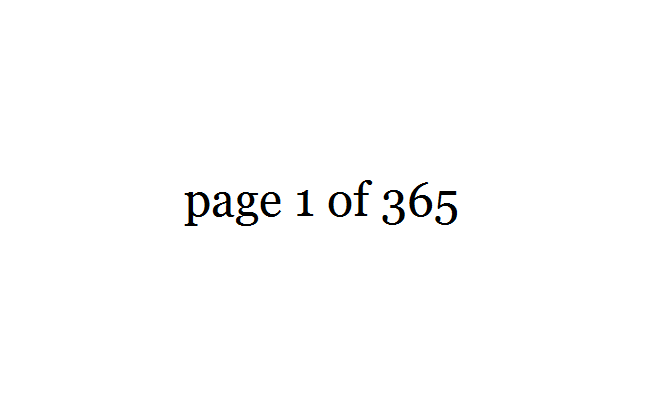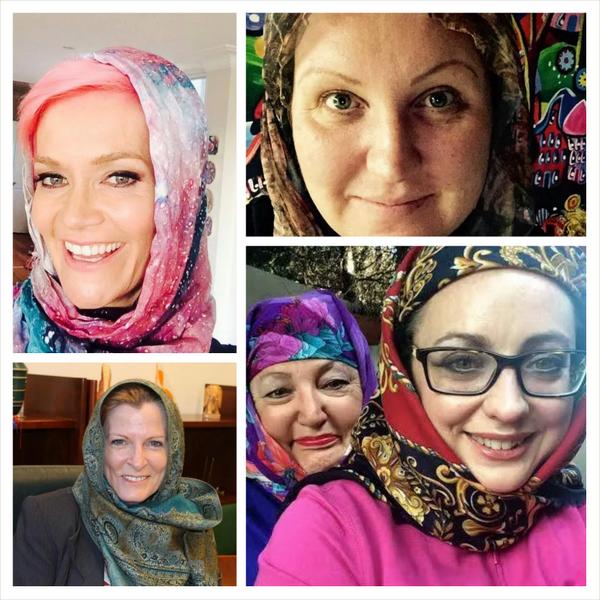The Monaco Grand Prix is known as one of the most glamorous events on the global social calendar, and a definite chart topper in the Formula 1 season. 'A sunny place for shady people' they say, and with the multimillion dollar yachts, billionaires making deals and supercars the norm, you can see why...

I had the fortunate of reporting for Richard's F1 - my third ever Grand Prix as an internationally accredited reporter - at the Monaco GP this year, and I had absolutely no idea what to expect honestly. My plane arrived on the Friday before the GP weekend and the events that unfolded over the next few hours make up one of my favourite traveling tales to date...
***
I arrived in the French Riviera exhausted but pumped: I had driven three hours from a tiny place in the Netherlands to the Hague and then on to Amsterdam, dropped off the rental car (that had served me so well on the Autobahn, thank you VW) and caught the flight to Nice.
A friend had told me I could stay at an apartment she had sorted in Nice, so accommodation was sorted - or was it? Logging onto the airport wifi informed me that in fact the girls had changed plans and were staying at a villa in Monaco. Armed with the new address and instructions to message them on arrival, I picked up my new chariot, a turbo Astra. The two gentlemen helping me with the hire car were lovely, but were interestingly very quick to correct me when I asked if they were from the area.
"Oh no no no, I am from France," one said. "Monaco is weird. The people are weird, their cars are weird, the lifestyle is weird... you'll have fun though. Enjoy your time here!"
Cheers! My thoughts were joyful as I sped off.

What a drive! Honestly, television does not do the difficulty of navigating that street circuit justice. Driving to Monaco that night gave me a tiny taste of the adrenalin rush the drivers get for 78 laps...
Almost the entire trip almost was on the edge of the cliffs with winding streets and tiny lanes; the blind corners and fast cars are an intoxicating combination. I drove the hell out of that Astra and thought to myself: 'Welcome to Monaco girl. You've made it!'.
It was only when I arrived at the villa that I realised I would need to find a place to park, and unlike places in suburban Australia, not every house has a dedicated car parking spot. Furthermore, streets are not just straight, up and down and grid like - they wind in and out, up and down and across the landscape in an insane manner, meaning my semi-logical mind lost all sense of direction almost as soon as I passed the address. I did a couple of laps of the suburb looking for a park and eventually capitulated, parking about a couple of kilometres away.
An easy few kilometres... or so I'd thought.
Walking back to the villa, I got completely and utterly lost.
Completely lost. To the point I eventually started going up random streets in the hope I would see something I recognised, and up and down stairs for the faint chance of a spark of inspiration. I couldn't find any wifi for a map, and didn't want to ask anyone - because what kind of non-shady person is up at this time of the night?! At one point I tried to retrace my steps but didn't want to pass by a bunch of guys who were lingering outside a shop...I'd passed them once and if I walked by again it would be obvious I had no idea where I was going. Dilemma!
After a stroke of luck and a healthy amount of internal praying that I stumbled across the right street after about an hour of walking. Success! I skipped to the door... and stopped. There were about 8 different villas for the one address, and I had absolutely no idea which one the girls would be staying at...
Not one to be dissuaded, I perched on the steps in front of the villa and began searching for a wifi connection, which I eventually found (after paying an exorbitant fee, naturally). My phone was inoperable overseas, thank you Telstra, so I was dependant on the Weefee connection. I sent off some messages, confident that I would now be all sorted, and waited.
Nothing.
I decided to make a couple of calls via Skype and Viber.
Nada.
Oh dear, I thought. Hmm...
By this point, I'd reached the early hours of the morning and it was quite cold. People were starting to return from their night out, and I was running out of viable solutions. Hmm...
I googled the nearest hotel and was glad to see it was noted as an 'affordable option'. Trundling over, I pressed the doorbell and the guy at reception reluctantly buzzed the glass door open.
"Englay?" I asked, hopeful.
His face grew even more unimpressed.
"A leetle."
"Is there any chance you have a room for the night sir?"
He looked at me, eyebrows up. "Miss, it is impossible! 500 Euros a night, but we have nothing. Very very busy until Sunday."
500 Euros! My goodness.
"Can I use your phone then?"
"Oh no miss, impossible, impossible. Try Olypmica, they may have a room."
I picked up my luggage and shuffled out. No way was I trying another hotel. What were my options? Well, I was running out of battery on my phone, so option one was to head back to the car and charge the baby.
A seed of thought formed as I made my way to the silver beast. I sat in the driver's seat and pushed the back all the way down. There was enough space, I thought. Let's just have a nap...
I slept in the car! Never have I had to do anything like this before, and it was ironic that I was slumming it in the ritziest place on earth...

***
Three hours later I woke up, freezing my rear end off. Although the place is sunny during the day, the temperature drops significantly overnight and my Australian body was not able to handle it. Heater on full blast, I scrubbed my eyes and contemplated the next step.
If I had checked the wifi, I would have seen my friend message and say the doors of the villa were open. I missed her message by about ten minutes though, and drove again to Nice. Again, through the crazy awesome roads - stopping briefly to check out the view - and found a parking spot right out the front of the Nice apartment I was originally to stay at.
As luck would have it, it too was in a set of blocks so I had no idea which to choose. Too much effort I thought, and put my mind to the next dilemma.
Where to have a shower?!
Tired, not-very-fresh and in need to head to the media center in a few hours, I needed a shower stat. However, apparently these are not a readily available commodity in Nice. I wandered around the streets with my luggage (again) looking for a hotel or a place which would work.
Zip. It seemed like everywhere was closed at 5.30 am...but seriously?! How could this be!
I walked into a bar (the only place open!) and remembered that in French, shower was 'doosh'.
"Doosh?" I asked the lady behind the counter hopefully.
She looked at me puzzled, and replied in French. A few minutes later, we came to the conclusion that there was no place I could get a doosh nearby.
Le sigh. What's a girl to do...
It was almost 7am, so attention turned to the stomach. The bakery in front of the apartment was open and smelt inviting, so I walked in and the baker was a Muslim lady. Success!
"Madam, do you speak Arabic?" I asked, remembering that there was a large population of Arabic speakers in France.
"Wee!"
Double Success! I asked in Arabic whether she knew where I could have a shower. She didn't, but asked the other customers in the bakery.
A lovely old lady behind me quickly replied in French and the Muslim baker turned to me.
"You can have a shower at her house, she said you're welcome to!"
I couldn't believe my ears!
"Really?"
She nodded, and said some more in French.
"Je parle un pue," I said quickly, emphasising the 'un pue' - only a little French. She nodded and motioned for me to follow her.
***
The apartment was tiny: a single bed, a desk and a sink, adjoined by a tiny bath, but I felt so incredibly grateful. Nicole, her name was, and she opened the doors of her home to me. I had a steaming hot shower, got changed into my Monaco outfit and we sat together in front of a French kids TV show, making broken conversation. She had two kids and a grandchild and was a former French Professor at the University of Cannes. An accident that had damaged her head meant she was no longer able to work, but she seemed happy and laughed at my terrible attempts speak her language. She made me tea and breakfast, with a loaf of bread that looked like it came out only on special occasions. I felt so incredibly blessed to have been invited into her home, and found it ironic that it was those with the least to give who gave it most readily...
"What do you like?" I asked, "Qu'est ce que tu aimes?"
She laughed.
"Smoke cigarettes!"
***
I left Nicole's house on a cloud and after lots of hugs and kisses. I returned to the car, keyed in the address in Monaco and began to make my way to the media centre...
You'd think that is where the drama ends, but of course not. The rest however, is for another post...

 Subhanallah, another year has past.
Subhanallah, another year has past.






















